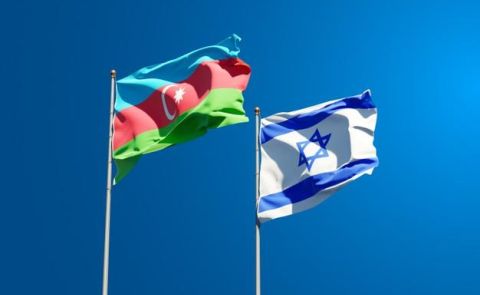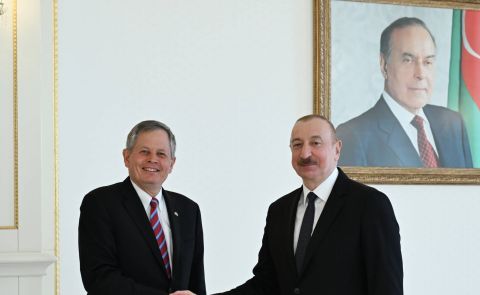
Tensions Escalate as Georgian Opposition Faces Arrests, Attacks on Media, EU Criticism
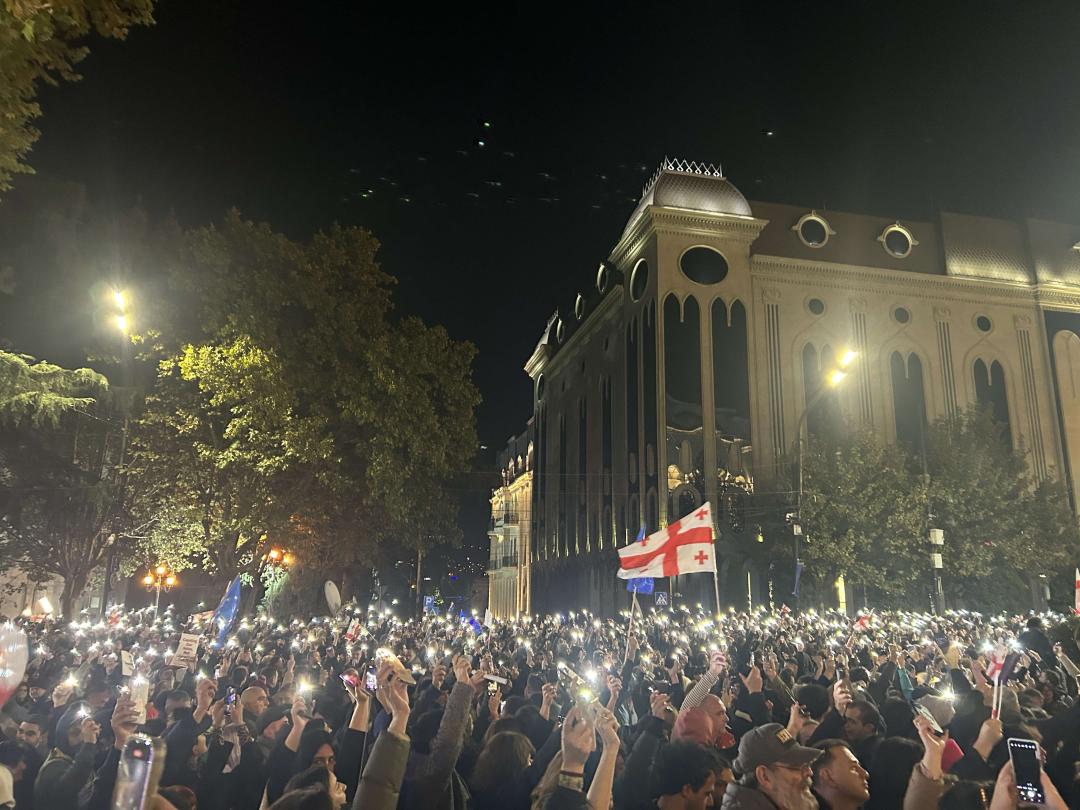
On December 6, four major opposition groups in Georgia, Coalition for Change, Strong Georgia, Unity-UNM, and Gakharia for Georgia, announced plans to establish a public registry to document cases of illegal detentions and identify police officers responsible for violence against peaceful demonstrators.
At a press conference on December 6, Irakli Kobakhidze declared an intention to "completely neutralize" the radical opposition and eliminate what he termed "liberal fascism" from the country. "We are absolutely determined to completely neutralize the radical opposition. No trace of cohabitation and liberal fascism should remain in our country," he stated. Kobakhidze claimed that the swift entry of law enforcement into party offices led to the cessation of street violence and added, "In 5 days, we neutralized the protesters." He argued that the arrests of around 300 people were justified due to their alleged role in attacking Georgia's constitutional order, emphasizing that the opposition's demands for new elections and the release of detainees contradicted democratic principles. Kobakhidze further claimed that the OSCE/ODIHR's recognition of Georgia's elections as competitive undermined the opposition's agenda and "shattered the plans of the opposition and their patrons." Addressing President Salome Zourabichvili, he alleged she had been "stripped of dignity" and accused her of engaging in a "disinformation campaign" against Georgia’s national interests. Kobakhidze also expressed willingness to engage in dialogue with young protesters, offering to hold discussions with them on topics like European integration.
On the same day, the Tbilisi City Court sentenced Aleko Elisashvili, the leader of the opposition alliance Strong Georgia, to two months of pre-trial detention. Elisashvili was charged with politically motivated persecution under Article 156 of the Criminal Code following allegations of verbal and physical assault on Ali Babaev, a member of Georgian Dream. Prosecutors argued that Elisashvili’s release could lead to new crimes and witness intimidation. His defense team argued that video footage showed Elisashvili acting in self-defense against Babaev, who was allegedly armed with an iron bar. The court rejected the defense’s bail request of 3,000 GEL (around 1,067 USD).
On December 6, Judge Koba Chagunava of Tbilisi City Court sentenced Nika Gvaramia, the leader of the opposition alliance Coalition for Change, to 12 days of administrative detention. Gvaramia was charged with petty hooliganism and disobeying lawful police orders under Articles 166 and 172 of the Criminal Code.
On December 7, the European Commission published its Seventh Report on Georgia under the Visa Suspension Mechanism, warning that recent developments could trigger the suspension of visa-free travel for certain categories of Georgian citizens. The report stated that Georgia must address EU recommendations to prevent this outcome. While the report noted Georgia's progress on technical issues like border management and document security, it criticized the country for a lack of alignment with EU visa policy. It highlighted Georgia’s April 2024 visa waiver agreement with China as a deviation from EU standards. The report emphasized that visa alignment is a key EU objective, especially for countries with membership ambitions.
The report was also critical of Georgia's adherence to fundamental rights, citing the adoption of the "Law on Transparency of Foreign Influence" in May 2024 and a legislative package on "family values and protection of minors" in September 2024. It argued that these laws undermine freedom of association, expression, and privacy rights. The European Commission noted that the 2024-2026 Human Rights Action Plan had significant gaps regarding protecting minority rights, LGBTIQ rights, and privacy. It also highlighted unresolved issues in the strategic framework on freedom of religion and the independence of Georgia's Personal Data Protection Service. The report referenced the European Council's October 17, 2024, conclusions, reiterating that Georgia's EU accession process remains stalled, urging the country to undertake comprehensive reforms in line with EU integration principles.
On December 7, Georgian President Salome Zourabichvili attended the reopening of Notre Dame Cathedral in Paris, an event attended by several world leaders, including US President-elect Donald Trump.
During her visit, Zourabichvili met with Ukrainian President Volodymyr Zelenskyy. Zelenskyy supported the Georgian people, stating, "Respecting the will of the Georgian people and preventing Ivanishvili's government from surrendering the country to Putin is essential for the stability and future of the region." He linked the situation in Georgia to Russia's broader strategy to control the Black Sea region, describing it as a threat to the security of the entire region and Europe. Zelenskyy pledged to coordinate with partners globally to support the Georgian people’s right to live freely and independently.
During her time in Paris, Zourabichvili held discussions with US President-elect Donald Trump and French President Emmanuel Macron. She stated that she had exposed "the stolen elections and the extremely alarming repression against the Georgian people." Emphasizing the importance of US support, Zourabichvili declared, "The Georgian people have a friend in Donald Trump. God bless the United States of America."
On December 7, unidentified assailants violently attacked Maka Chikhladze, a journalist with TV Pirveli, and Giorgi Shetsiruli, a cameraman, while also raiding the office of the opposition Coalition for Change political alliance. During the attack, at least two members of the alliance, Koba Khabazi and Data Petridis, were beaten. The incident occurred near Rustaveli Avenue, where a protest rally was being held against Georgian Dream’s reversal of the EU accession process and the government's growing repression.
On December 8, Georgian Prime Minister Irakli Kobakhidze addressed the recent attack on media representatives, calling it a provocation to artificially intensify the situation. He stated that an investigation had been launched into the crime, hoping the perpetrator would be identified quickly. Kobakhidze noted that the Interior Ministry would hold a briefing to provide detailed information on the investigation. He particularly condemned the physical injury suffered by a camera operator during the attack and emphasized that such actions fueled the agendas of radicals seeking to escalate tensions in Georgia.
He further condemned the violence against police officers, particularly highlighting the brutal treatment they had endured from protestors. Kobakhidze thanked the police for their patience and professionalism despite being subjected to violent physical and psychological abuse. He criticized the political forces and media outlets that labeled the police in derogatory terms, accusing them of double standards.
Kobakhidze noted that the number of protesters on Rustaveli Avenue had been decreasing daily, and he attributed this to the protest losing its meaning. He explained that the protesters, many of whom were supporters of the UNM, were frustrated after losing elections for the ninth time and lacked the courage to demand snap elections. He emphasized that the Georgian people had given a clear mandate in the elections, and no minority could take away the votes of over 1.2 million people who supported the government.
See Also

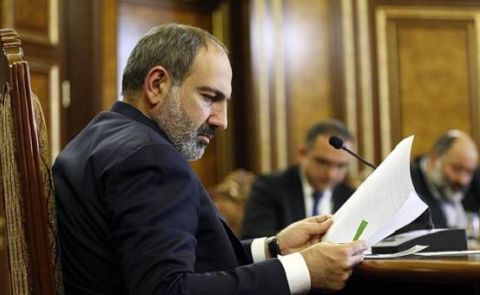
Pashinyan Commemorates First Republic Day, Highlights Progress in Sovereignty and Peace Efforts
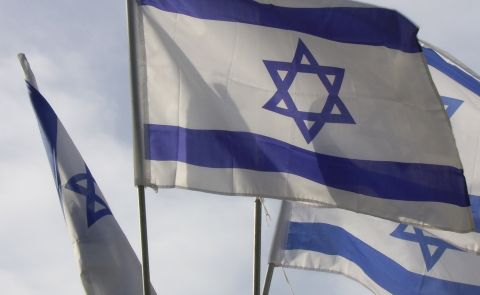
Israeli Ambassador to Armenia Acknowledges Challenges but Optimistic About Future Armenian-Israeli Cooperation
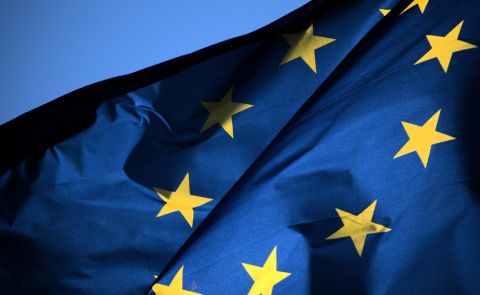
EU Plans Closer Cooperation with Azerbaijan, Georgia, Türkiye, and Other Black Sea States
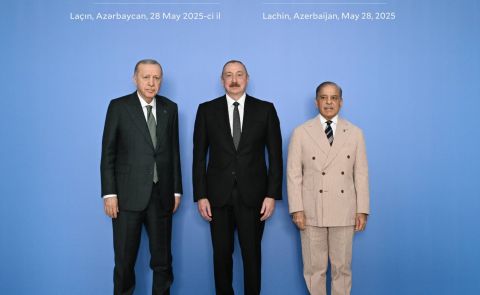
Azerbaijan, Türkiye, and Pakistan Highlight Growing Strategic Cooperation at Lachin Summit
